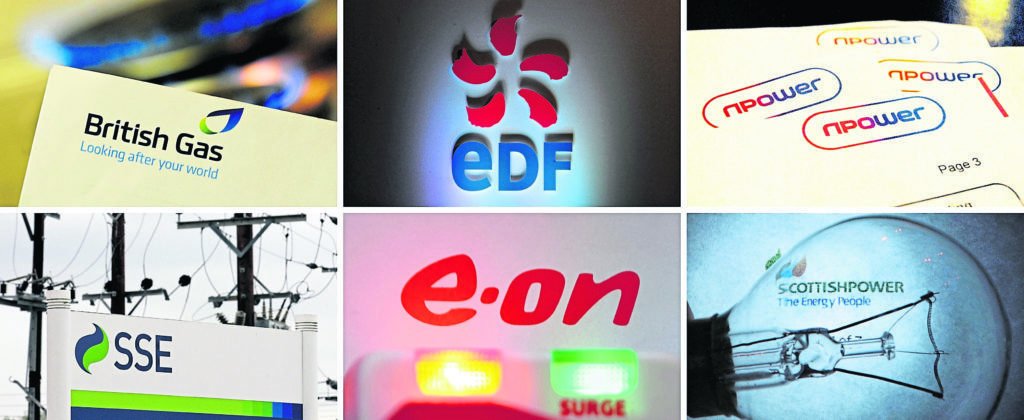
Households across the country have seen a combined £1.2 billion added to energy bills thanks to 42 price rises in the six months since the Government’s flagship price cap was supposed to end rip-off bills, new research has found.
During the same period last year there were just 15 price rises and, despite wholesale gas and electricity prices falling, the average increase is higher than 2018, according to auto-switching business Look After My Bills.
So far in 2019 the average price rise is £110 compared with £75 last year, with many suppliers trying to make up the shortfall since the price cap was introduced in January, new data suggests.
Lily Green, head of research at Look After My Bills, said: “The sheer number and scale of price rises this year raises serious questions about the unintended consequences of the price cap.
“It’s too early to tell but it’s possible that – in a perverse twist of fate – the price cap may have opened the door to price rises.
“Too many suppliers are seeing the cap as a target and taking the opportunity to push prices up.
“What is particularly baffling is that wholesale energy costs are in fact going down. You would expect energy bills to do the same.”
The news comes as Energy UK – the energy industry trade body – said 487,231 households switched suppliers in May, down 1.4% compared with the same month a year ago.
However, more than 2.5 million customers have moved to a new supplier so far in 2019, 14% up on the same time last year when a record 5.8 million – or one in five – customers switched supplier.
The record switching came as energy suppliers pushed through more price rises than at any other time since deregulation of the energy markets. However, 2019 could overtake it, Look After My Bills added.
The Big Six suppliers – British Gas, Eon, Scottish Power, SSE, EDF and Npower – all increased prices but the worst offenders were smaller providers Ebico and Tonik, with average rises to bills of £162 and £144 respectively.
In January, the Government’s price cap was introduced which meant suppliers could only charge up to £1,137 for average usage in a typical home for customers on a standard variable tariff (SVT).
The cap was raised in April to £1,254 following increases in wholesale prices. The Big Six announced they would raise their SVTs accordingly to the highest possible limit.
Recommended for you
